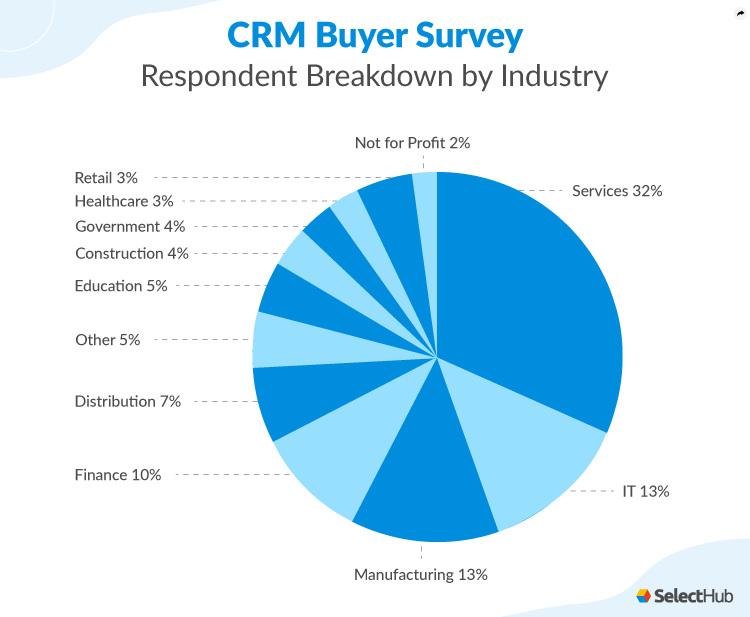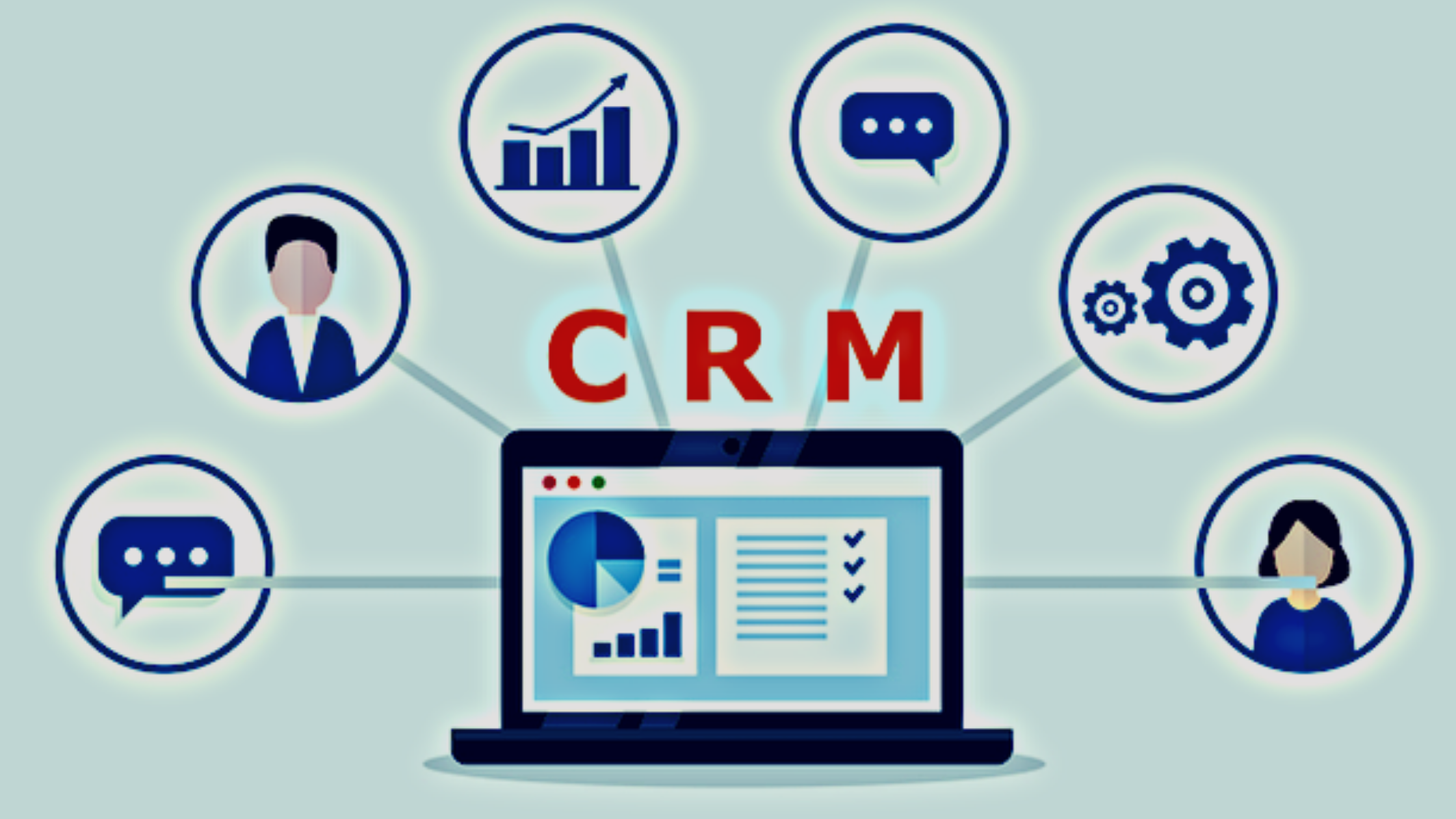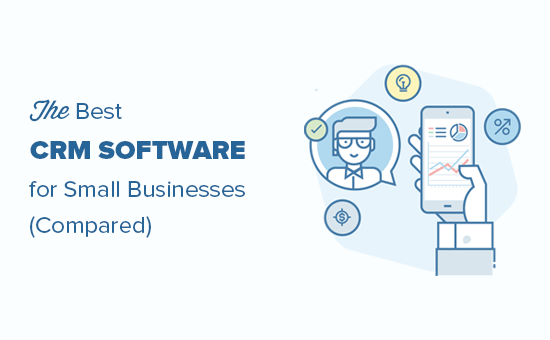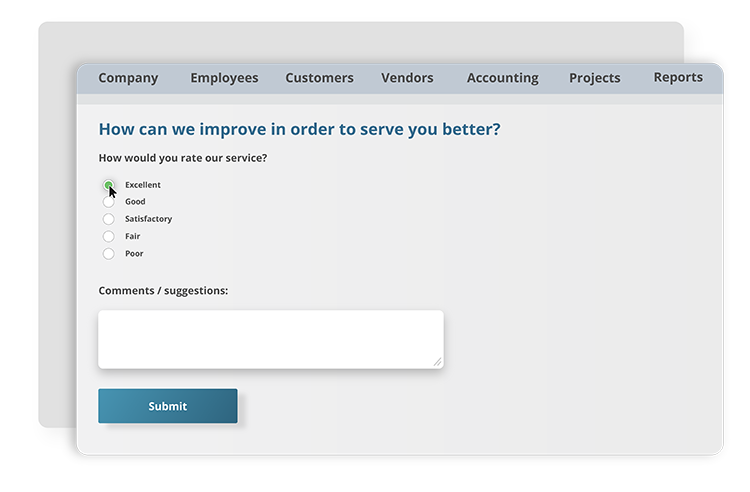CRM Marketing Insights 2025: Navigating the Future of Customer Relationships

CRM Marketing Insights 2025: Navigating the Future of Customer Relationships
The world of marketing is constantly evolving, and staying ahead of the curve is crucial for any business aiming for sustained success. As we approach 2025, Customer Relationship Management (CRM) systems are no longer just a tool; they’re the central nervous system of a modern marketing strategy. This article delves into the essential CRM marketing insights you need to know to thrive in the coming years. We’ll explore the latest trends, technologies, and strategies that will shape how businesses connect with their customers and drive growth.
The Rise of the Intelligent CRM
The CRM landscape is undergoing a dramatic transformation, driven by advancements in artificial intelligence (AI), machine learning (ML), and data analytics. In 2025, we’ll see the emergence of “intelligent CRMs” that go far beyond basic contact management and sales automation. These systems will be capable of:
- Predictive Analytics: Forecasting customer behavior, identifying churn risks, and anticipating future needs.
- Personalized Experiences: Delivering hyper-personalized content, offers, and recommendations tailored to individual customer preferences.
- Automated Insights: Providing real-time insights and recommendations to marketing teams, enabling data-driven decision-making.
- Seamless Integration: Integrating with a wider range of marketing tools and platforms, creating a unified view of the customer.
The shift towards intelligent CRMs will empower marketers to be more proactive, efficient, and effective in their customer interactions. This means less guesswork and more data-backed strategies.
Key Technologies Driving the Intelligent CRM
Several key technologies are fueling the rise of the intelligent CRM:
- Artificial Intelligence (AI): AI algorithms will power predictive analytics, personalization engines, and automated insights.
- Machine Learning (ML): ML will enable CRMs to learn from vast amounts of customer data, continuously improving their accuracy and performance.
- Big Data Analytics: Big data platforms will provide the infrastructure needed to store, process, and analyze massive datasets, enabling deeper customer understanding.
- Cloud Computing: Cloud-based CRM solutions will offer scalability, flexibility, and accessibility, allowing businesses to adapt quickly to changing market demands.
Personalization at Scale: The New Imperative
In 2025, customers will expect personalized experiences as a standard. They’re no longer satisfied with generic marketing messages. They want to feel understood, valued, and catered to. CRM systems will play a pivotal role in enabling personalization at scale.
Strategies for Effective Personalization
- 360-Degree Customer View: Develop a comprehensive understanding of each customer by integrating data from various sources, including website activity, purchase history, social media interactions, and customer service interactions.
- Segmentation and Targeting: Segment your customer base into distinct groups based on demographics, behavior, and preferences. Tailor your marketing messages and offers to each segment.
- Personalized Content: Create dynamic content that adapts to individual customer preferences. This includes personalized emails, website content, product recommendations, and advertising.
- Real-Time Personalization: Leverage real-time data to personalize customer interactions as they happen. This could involve adjusting website content based on a customer’s browsing behavior or sending a triggered email based on a recent purchase.
- AI-Powered Recommendations: Utilize AI algorithms to recommend products, content, and offers that are highly relevant to each customer.
By embracing personalization, businesses can build stronger customer relationships, increase engagement, and drive conversions.
The Evolution of Customer Data Platforms (CDPs)
Customer Data Platforms (CDPs) are becoming increasingly important in the CRM landscape. A CDP is a centralized platform that collects, organizes, and unifies customer data from various sources. This unified data view allows marketers to gain a holistic understanding of their customers and deliver more effective marketing campaigns.
Key Features of a CDP
- Data Collection: Gathers customer data from various sources, including websites, mobile apps, email, social media, and offline interactions.
- Data Unification: Cleanses, transforms, and merges customer data to create a unified customer profile.
- Segmentation: Allows marketers to segment customers based on various criteria, such as demographics, behavior, and purchase history.
- Personalization: Enables personalized marketing campaigns and experiences.
- Integration: Integrates with other marketing tools, such as CRM systems, email marketing platforms, and advertising platforms.
In 2025, CDPs will be seamlessly integrated with CRM systems, creating a powerful synergy that empowers marketers to deliver highly personalized and targeted marketing campaigns.
The Rise of Conversational Marketing
Conversational marketing, which involves using messaging apps and chatbots to engage with customers in real-time, will continue to grow in popularity. CRM systems will integrate with conversational marketing platforms to provide a seamless customer experience.
Benefits of Conversational Marketing
- Improved Customer Engagement: Provides customers with instant access to information and support.
- Increased Lead Generation: Allows businesses to capture leads through interactive conversations.
- Enhanced Customer Service: Provides customers with quick and efficient solutions to their problems.
- Personalized Interactions: Allows businesses to personalize customer interactions based on their individual needs and preferences.
By embracing conversational marketing, businesses can create more engaging and personalized customer experiences, leading to increased customer loyalty and sales.
The Importance of Data Privacy and Security
As CRM systems become more sophisticated and collect more customer data, data privacy and security become paramount. Businesses must prioritize data protection to maintain customer trust and comply with regulations such as GDPR and CCPA.
Best Practices for Data Privacy and Security
- Data Encryption: Encrypt sensitive customer data to protect it from unauthorized access.
- Access Controls: Implement strict access controls to limit who can access customer data.
- Data Governance: Establish clear data governance policies and procedures.
- Compliance: Ensure compliance with all relevant data privacy regulations.
- Transparency: Be transparent with customers about how their data is collected, used, and protected.
- Regular Audits: Conduct regular security audits to identify and address potential vulnerabilities.
By prioritizing data privacy and security, businesses can build trust with their customers and protect their valuable data assets.
The Role of CRM in Omnichannel Marketing
Omnichannel marketing, which involves providing a seamless customer experience across all channels, will continue to be a key focus for marketers. CRM systems will play a crucial role in enabling omnichannel marketing by providing a unified view of the customer and enabling personalized interactions across all channels.
Strategies for Omnichannel Marketing with CRM
- Unified Customer Profile: Create a single customer profile that integrates data from all channels.
- Personalized Messaging: Deliver personalized messages across all channels, based on customer behavior and preferences.
- Consistent Branding: Maintain a consistent brand experience across all channels.
- Seamless Transitions: Enable customers to seamlessly transition between channels.
- Real-Time Data: Utilize real-time data to personalize customer interactions across all channels.
By integrating CRM with an omnichannel strategy, businesses can create a more cohesive and personalized customer experience, leading to increased customer loyalty and sales.
CRM and Sales Force Automation (SFA): Working in Harmony
Sales Force Automation (SFA) tools are essential for streamlining the sales process and improving sales team productivity. In 2025, SFA will be tightly integrated with CRM systems, providing a seamless view of the sales pipeline and enabling sales teams to close more deals.
Benefits of CRM and SFA Integration
- Improved Sales Productivity: Automates repetitive tasks, freeing up sales reps to focus on selling.
- Enhanced Sales Forecasting: Provides accurate sales forecasts based on real-time data.
- Better Lead Management: Tracks leads throughout the sales process, ensuring that no leads are missed.
- Increased Sales Conversion Rates: Enables sales teams to close more deals by providing them with the information and tools they need.
- Data-Driven Decision Making: Provides sales managers with data-driven insights to make informed decisions.
The synergy between CRM and SFA empowers sales teams to be more efficient, effective, and results-oriented.
The Future of CRM: Key Predictions for 2025
Looking ahead to 2025, here are some key predictions for the future of CRM:
- AI-Powered CRM: AI will be embedded throughout CRM systems, driving predictive analytics, personalization, and automation.
- Hyper-Personalization: Customers will expect highly personalized experiences tailored to their individual needs and preferences.
- Data Privacy and Security: Data privacy and security will be paramount, with businesses prioritizing data protection and compliance.
- Omnichannel Marketing: Businesses will focus on providing a seamless customer experience across all channels.
- Conversational CRM: Conversational marketing will become more prevalent, with businesses using chatbots and messaging apps to engage with customers.
- Increased Integration: CRM systems will integrate with a wider range of marketing tools and platforms, creating a unified view of the customer.
- Focus on Customer Experience (CX): The customer experience will be the primary driver of business success.
Choosing the Right CRM for 2025
Selecting the right CRM system is a critical decision for any business. Here are some factors to consider when choosing a CRM for 2025:
- Functionality: Does the CRM offer the features and functionality you need, such as sales automation, marketing automation, customer service, and reporting?
- Scalability: Can the CRM scale to meet your future needs?
- Integration: Does the CRM integrate with your existing marketing tools and platforms?
- User-Friendliness: Is the CRM easy to use and navigate?
- Cost: Is the CRM affordable?
- Vendor Reputation: Does the vendor have a good reputation?
- Customer Support: Does the vendor offer good customer support?
- AI Capabilities: Does the CRM leverage AI and ML to offer predictive analytics and personalization?
- Data Security: What security measures are in place to protect customer data?
By carefully evaluating these factors, you can choose a CRM system that will meet your needs and help you succeed in 2025 and beyond.
Conclusion: Embracing the CRM Revolution
The future of CRM marketing is bright. By embracing the latest trends, technologies, and strategies, businesses can build stronger customer relationships, drive growth, and achieve long-term success. The insights provided in this article will help you navigate the evolving landscape of CRM marketing and position your business for success in 2025 and beyond. The key is to be adaptable, data-driven, and customer-centric. The companies that master these elements will undoubtedly thrive in the years to come.



